Montenegro Seeks Azerbaijani Investments To Boost Economy
Deputy Prime Minister highlights opportunities in tourism, energy, and agriculture during Antalya Diplomacy Forum.
Montenegro is positioning itself as an attractive destination for Azerbaijani investments, with Deputy Prime Minister and Minister of Foreign Affairs Ervin Ibrahimović highlighting significant opportunities for economic collaboration during the Antalya Diplomacy Forum (ADF), held from April 11 to April 13, 2025. In an exclusive interview with Trend, Ibrahimović emphasized the potential for deeper engagement across key sectors, including tourism, energy, infrastructure, and agriculture.
"A prime example of our successful investment cooperation is the Portonovi project, a landmark development on Montenegro's coast that exemplifies the kind of high-quality, strategic investment we aim to attract and expand," Ibrahimović stated, underscoring the importance of this project in showcasing Montenegro's appeal to foreign investors.
He further noted that beyond traditional sectors, Montenegro is eager to explore new avenues in sustainable development, digital transformation, and innovation-driven industries. These areas align closely with Montenegro's long-term strategic priorities for inclusive and diversified growth.
Montenegro and Azerbaijan enjoy a long-standing, friendly relationship characterized by mutual respect and a shared vision for deeper cooperation. Ibrahimović pointed out that the current priorities for both nations focus on enhancing political dialogue and expanding collaboration across energy, tourism, trade, infrastructure, and culture. He expressed satisfaction with the increasing number of Azerbaijani tourists visiting Montenegro, which has been facilitated by a seasonal, direct flight connection.
Recent political consultations in Baku reaffirmed both nations' commitment to strengthening bilateral ties. "Both sides expressed readiness to intensify interparliamentary dialogue and to advance preparations for the next session of the Joint Commission on Economic Cooperation—an important mechanism for translating our partnership into concrete, mutually beneficial outcomes," Ibrahimović added.
In terms of energy cooperation, Ibrahimović stressed Montenegro's commitment to enhancing its energy security and sustainability through strategic partnerships and regional cooperation, with Azerbaijan identified as a key and reliable energy partner. "We are actively working on developing the necessary legal and regulatory frameworks to support energy diversification, and are closely following what Azerbaijan is doing in our region in this regard," he said.
He highlighted that some strategic projects hold considerable potential to enhance energy connectivity in Southeast Europe, positioning Montenegro as both a beneficiary and a potential transit route. Ibrahimović expressed strong interest in deepening cooperation with Azerbaijan in the energy sector, particularly regarding gas supply and investments.
Following the successful political consultations in Baku, several high-level visits are planned for 2025. Ibrahimović noted that the upcoming session of the Montenegro-Azerbaijan Joint Commission on Economic Cooperation is particularly significant, with expectations that it will result in actionable steps aimed at strengthening trade, investment, and sectoral collaboration.
The Antalya Diplomacy Forum has established itself as a premier platform for dialogue on foreign policy and global security. This year's theme, "Reclaiming Diplomacy in a Fragmented World," resonates deeply with Montenegro's foreign policy vision and values. Ibrahimović articulated that the forum underscores the urgent need to restore trust in diplomacy as a cornerstone of international relations.
"In today's complex global environment, genuine dialogue is not merely an option—it is an imperative. We used the opportunity to engage in meaningful discussions with regional and global partners, reaffirming our unwavering commitment to multilateralism, peaceful conflict resolution, and regional cooperation amidst rapidly evolving geopolitical challenges," he concluded.
In another significant development, the Montenegrin government is taking steps to prevent the bankruptcy of state-controlled shipowner Crnogorska Plovidba. On April 15, 2025, it was reported that the government is arranging a charter deal for Crnogorska to fix its two bulkers to compatriot Barska Plovidba, which is also government-owned. This strategic move aims to raise funds for overdue loan payments and stave off bankruptcy.
Additionally, Montenegro's customs revenue has shown promising growth in the first quarter of 2025. According to the customs agency, customs revenue rose 9.5% year-on-year, totaling 282 million euros ($321 million). This figure exceeds the planned revenue by 5%. Notably, revenue from value-added tax increased by 11% to 191 million euros, while customs duty revenue surged by 22% to 14.5 million euros. Excise duty revenue also grew by 4% to 75 million euros in the same period.
March alone saw total revenue up by 7.2% year-on-year, reaching 104 million euros. In 2024, Montenegro's customs revenue had already risen by 10% to 1.29 billion euros, indicating a steady growth trend across all segments.
As Montenegro navigates these economic opportunities and challenges, the government's proactive approach to fostering international partnerships and enhancing domestic revenue streams will be crucial in ensuring sustainable development and economic resilience.






















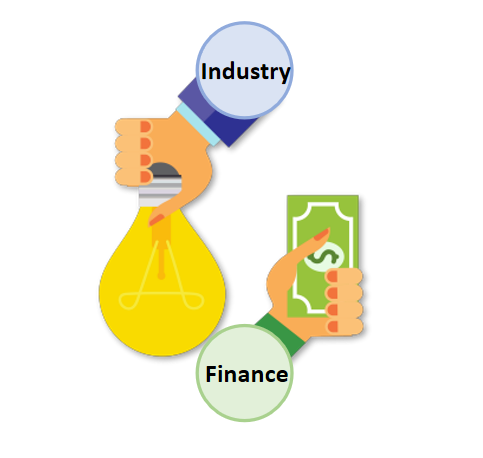
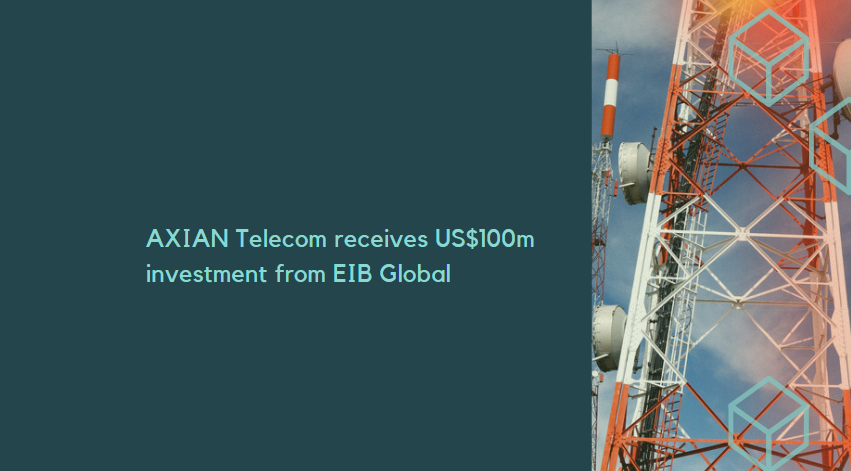

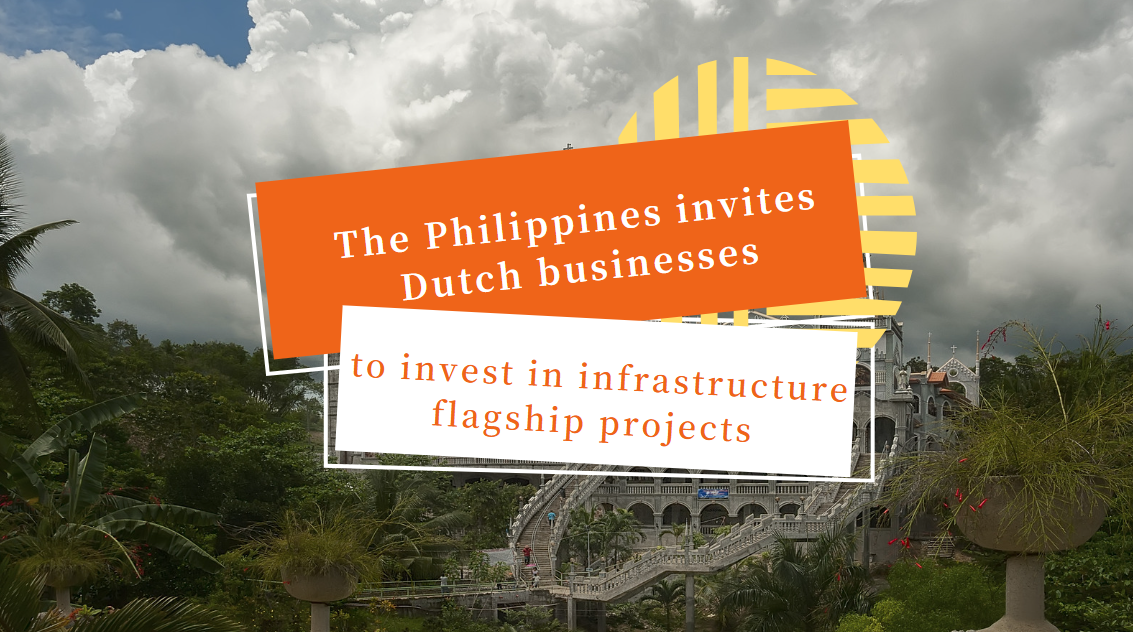
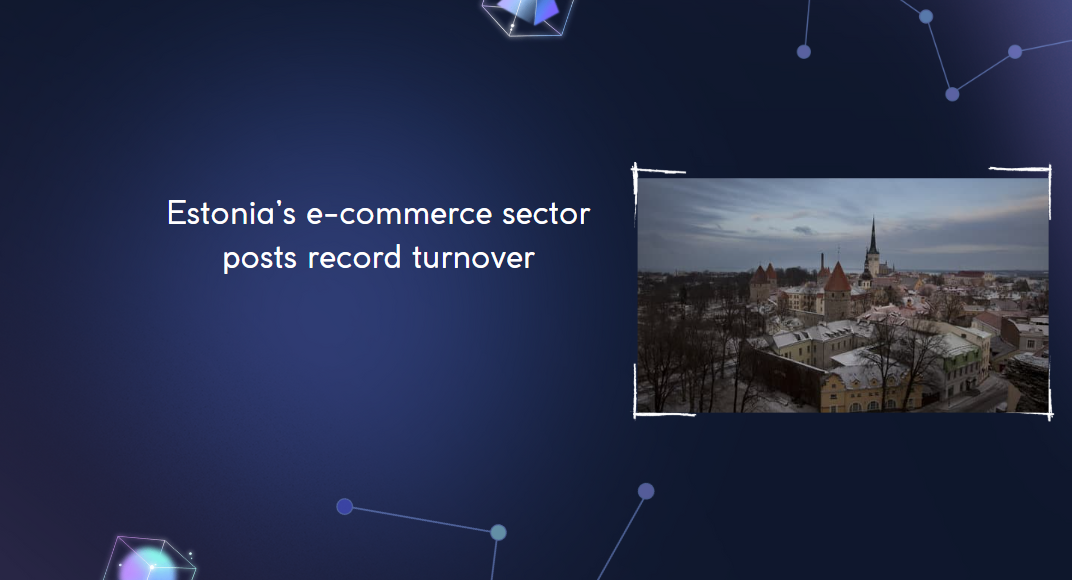


























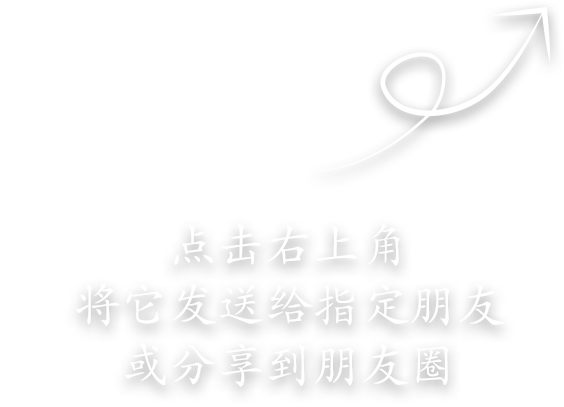
First, please LoginComment After ~